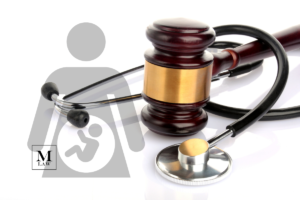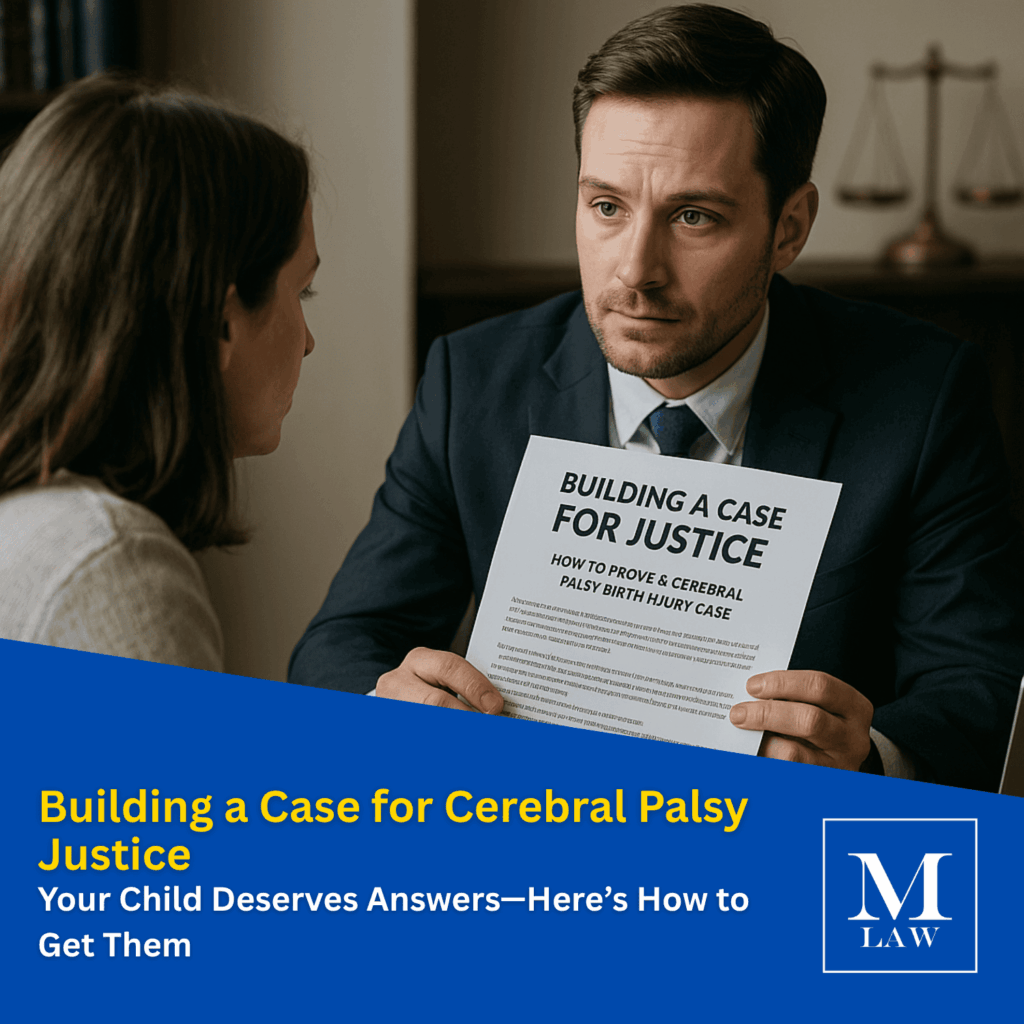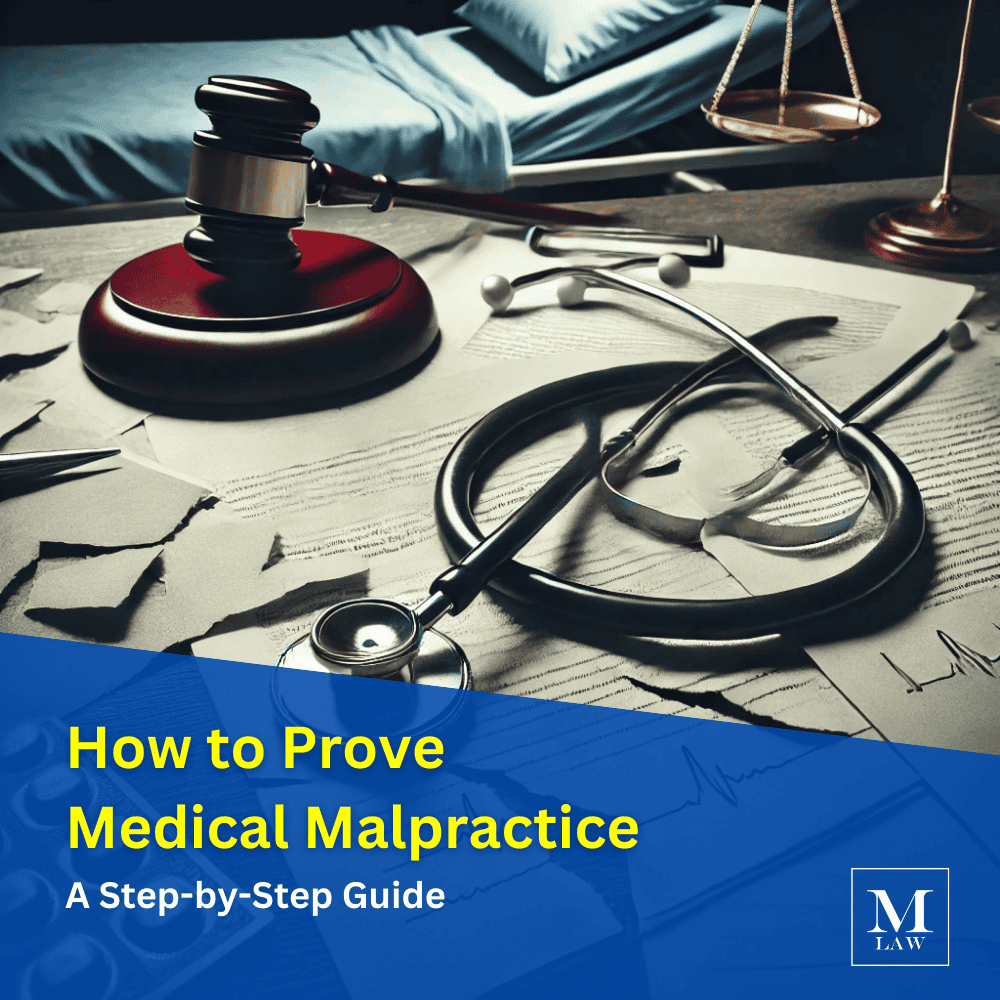The 4 D’s of Medical Negligence
The 4 D’s of Medical Negligence are a way of remembering the things that must be proven in a medical malpractice case.
Medical malpractice occurs when patients are harmed by doctors or some other medical professionals who fail to competently perform their medical duties. Medical malpractice rules, such as those related to notifying the doctor ahead of time and the timing of your lawsuit, vary from state to state. However, there are some general principles and rules that apply to most medical malpractice cases.
If you feel like you or a loved one has been harmed by a medical professionals’ negligence (meaning, their failure to adequately perform their duties), our New York medical malpractice lawyers can help.
The requirements for establishing medical malpractice are often referred to as the 4 D’s of Medical Negligence. They are:
- Duty
- Deviation
- Direct Causation
- Damages.
We’ll explain these in more detail, so you can know more about what it means to be affected by medical malpractice.

1. Duty of Care
First, it is important to note that not all doctors owe a duty of care to everyone. For the duty of care to arise, there must be some type of doctor-patient relationship. For example, a doctor does not have a duty of care if she is out eating at a restaurant and someone at a nearby table begins to choke, because there is no such relationship established.
In a doctor-patient relationship, a doctor owes a duty of “care and treatment with that degree of skill, care, and diligence as possessed by or expected of a reasonably competent physician under the same or similar circumstances.”
2. Dereliction or Failure to Fulfill the Duty
Dereliction refers to the failure of a medical professional to meet the duty of care discussed above. In other words, the medical professional did not provide the patient with the care and treatment needed and expected of a reasonably competent physician under the same or similar circumstances.
This dereliction or failure is commonly referred to as a “breach of duty.” This is where the lion’s share of medical malpractice arguments occur and can be difficult for patients because medical professionals are often very reluctant to criticize their peer’s performance, let alone testify against them.

3. Direct Causation
The patient must establish that the medical professional’s breach of the duty of care was the direct cause of the patient’s damages. Although establishing this is often fairly straightforward, it can be another area where the arguments on both sides become heated.
The defending party may argue that the injuries you experienced were caused by some other event or a pre-existing condition. Sometimes, they may argue that your injuries were a known possibility, and that you took on the risk of this happening by agreeing to a procedure.
This is why it is important that your doctor communicates effectively with you before a procedure is performed, and that you consent to a procedure with a full understanding of what it entails.
4. Damages
Finally, the patient must show that they have actually suffered harm, either physically, mentally or both. This is often shown through medical records, prescriptions and/or testimony.
In order to win your medical malpractice lawsuit, these damages need to be apparent through one of these means and impactful on your life.
You won’t, for example, be able to sue your doctor for leaving a scar after an intensive surgery, but you can sue if the doctor performed an improper incision or made a mistake, like a botched C-section.
Our attorneys can assist you in proving damages and with proving the rest of the 4 D’s of medical negligence. Contact Merson Law’s medical malpractice lawyers today to get a case evaluation.








